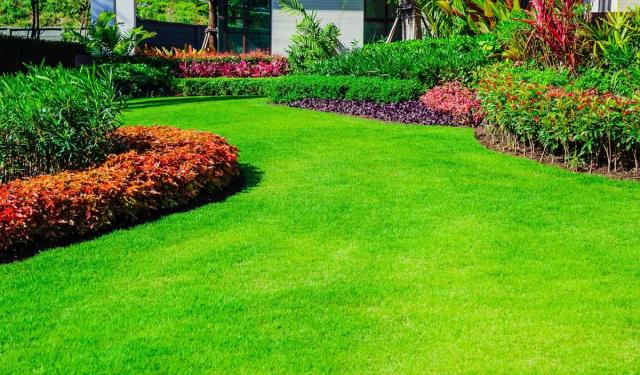Hello all!
“Rainscaping” is a landscaping technique that has become a popular new trend. Rainscaping is the “use of sustainable landscape design and management practices at both the household and community scales” (Purdue). Rainscaping, on a larger scale, can prevent polluted runoff from reaching bodies of water by directing the storm water runoff to be absorbed by plants and soils in a localized and desired area.
The Rainscaping layouts are often referred to as “rain gardens.” When designing your rain garden, you will want to consider a couple things:
- The desired size and depth of your rain garden
- The infiltration rate of the soil (how fast the soil absorbs the water)
- The size of the uphill drainage area
- The amount of impervious or semi-impervious surfaces (rooftops, driveways, sidewalks and mowed turf) in the uphill drainage area
- The slope of the site
- The amount, intensity and duration of rainfall
All of these considerations will influence the effectiveness of your rain garden design in managing rainwater runoff and achieving your ultimate goal. Depending on your area and how much rainfall you get, you will use those statistics to design your Rainscaping layout.
Another advantage to using a rain garden is that it will re-direct rainwater away from your house, which will keep water from gathering, preventing any foundation damage or basement flooding.
Here are a couple ideas for rain gardens:
If you want more ideas, go check out our pinterest board named "Rainscaping."
Let's get to growing,
Corryn
References:
Rainscaping Education Program. (n.d.). Retrieved from https://extension.purdue.edu/rainscaping/








